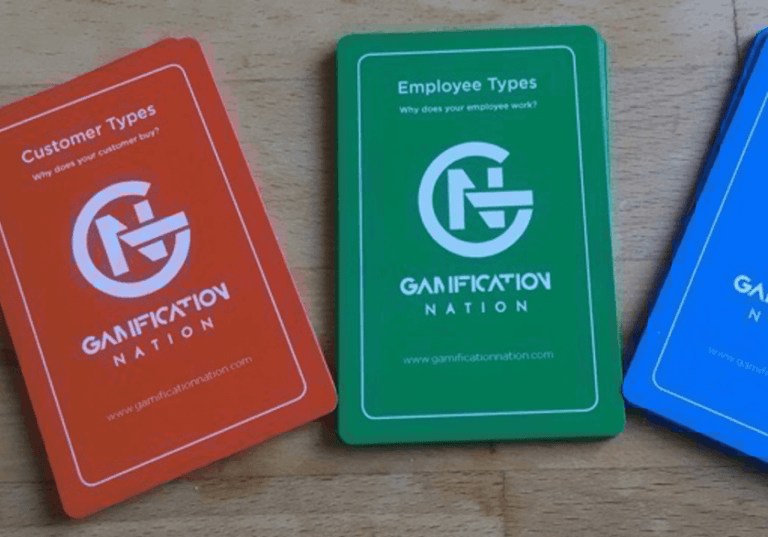Feminine gamification viewpoint: balancing act
Research findings of Hall and Phillips in 2014 found that ladies need to behave in masculine ways in order to be seen as competent, yet at the very same time they are also expected to be feminine. It is often a continuous balancing act between being seen as too feminine to be competent, and too masculine to be likeable.
They conducted in-depth interviews with 60 female scientists and surveyed 557 female scientists, to provide an important picture of how gender bias plays out in everyday workplace interactions. More than a third (34.1%) of scientists surveyed reported feeling pressure to play a traditionally feminine role, with Asian Americans (40.9%) more likely than other groups of women to report this. About half of the scientists we surveyed (53.0%) reported backlash for displaying stereotypically “masculine” behaviors like speaking their minds directly or being decisive.
Black and Latina women are particularly at risk for being seen as angry when they fail to conform to these restrictive norms.
Role playing games are sometimes used in training as well as therapy, in this case role reversal may give an insight into those willing to try out being a smart woman in a male slanted working world. It will take more than one game to change an often unconsciously displayed bias. What was refreshing to see was ladies magazine Cosmopolitan doing a bit of role reversal stye interviewing and famous actors playing nicely along to highlight some of these gender bias situations.
[video_player type=”embed” width=”640″ height=”360″ align=”center” margin_top=”0″ margin_bottom=”20″]![]() [/video_player]
[/video_player]
Which female hero would you be in a role reversal game?



